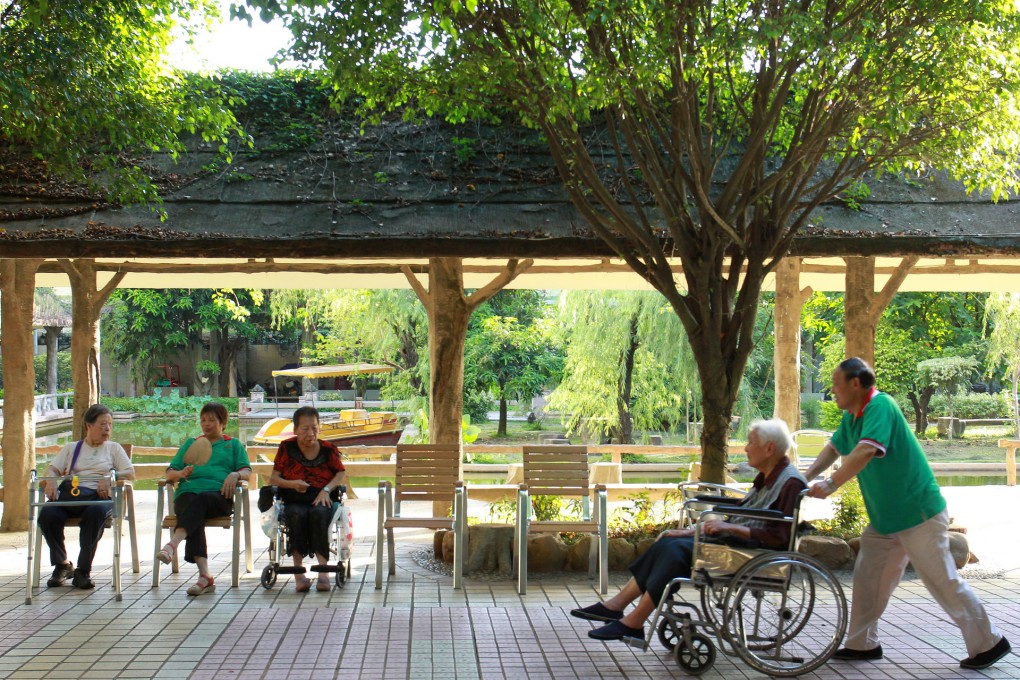Retiring to the mainland is losing its lustre for Hong Kong seniors
Tens of thousands have retired to the mainland for a better life; costly health care and limited benefits are driving many back

Woodlands and farm plots span the 27 hectares of Kornlake Villa Resort, a retirement community in the town of Zhangmutou near Dongguan. The resort is one of the many luxury estates built here in the 1990s to attract Hongkongers. There is space to farm, to garden, to dance and to practise calligraphy.
Despite the beauty and sense of community, Father Joe, a retired Anglican priest, left to return to Hong Kong in July.
Joe is one of tens of thousands of Hong Kong seniors who moved to the mainland in recent years seeking a better life in retirement than one in congested and expensive Hong Kong. But he and a growing number of seniors are coming home, unable to access affordable Western medical care or government subsidies on the mainland.
"I couldn't imagine how I would be transferred across the border when I needed urgent treatment, not to say when [dealing with] my dead body," said Joe. He suffers multiple ailments - coronary heart disease, kidney failure and mild depression. He asked that his full name be withheld to protect his privacy.
The number of Hong Kong elderly at Kornlake has dropped from 300 in 2008 to 103 today, the resort's chairman said. Some of those died there, but many left for Hong Kong to access better and less expensive health care.
Thus, there's a conundrum for the Hong Kong government. The number of Hong Kong residents aged 65 or older is projected to grow by 161 per cent - from 980,000 in 2012 to 2.56 million in 2041. As more than 30,000 people aged 65 and up await nursing home beds, Hong Kong needs to handle a fast greying population.